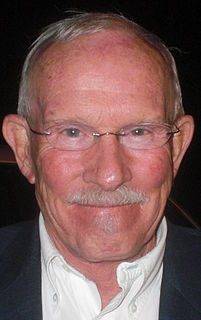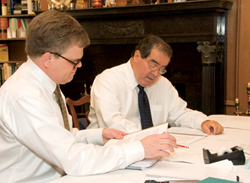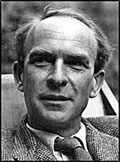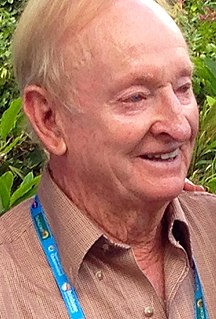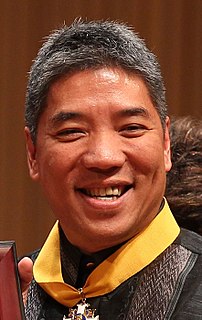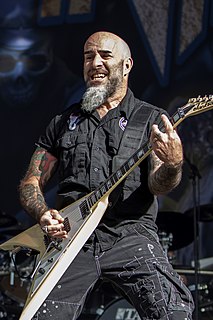A Quote by J. L. Austin
Certainly ordinary language has no claim to be the last word, if there is such a thing.
Related Quotes
A word about 'plain English.' The phrase certainly shouldn't connote drab and dreary language. Actually, plain English is typically quite interesting to read. It's robust and direct-the opposite of gaudy, pretentious language. You achieve plain English when you use the simplest, most straightforward way of expressing an idea. You can still choose interesting words. But you'll avoid fancy ones that have everyday replacements meaning precisely the same thing.
You have certainly observed the curious fact that a given word which is perfectly clear when you hear it or use it in everyday language, and which does not give rise to any difficulty when it is engaged in the rapid movement of an ordinary sentence becomes magically embarrassing, introduces a strange resistance, frustrates any effort at definition as soon as you take it out of circulation to examine it separately and look for its meaning after taking away its instantaneous function.



